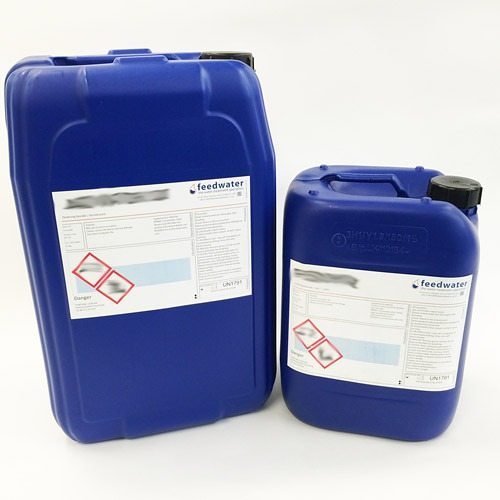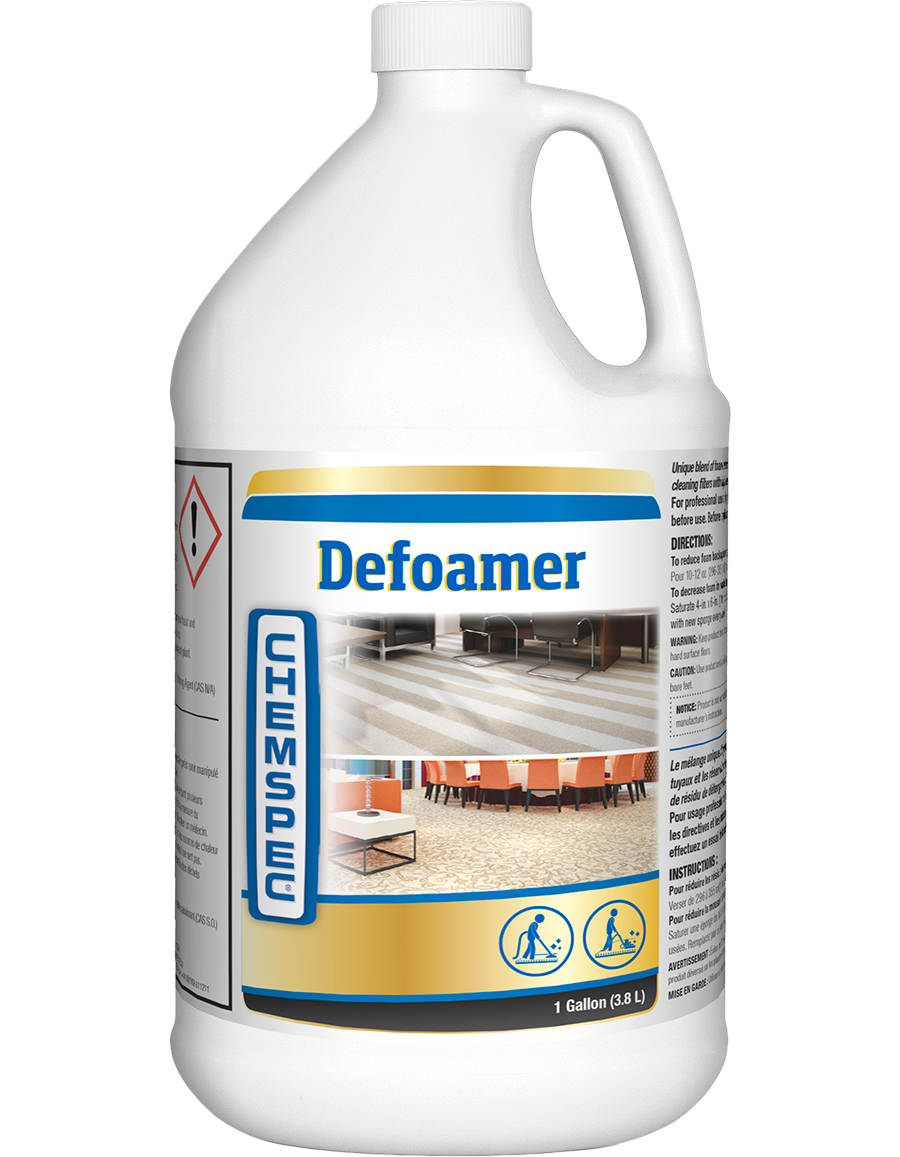Comprehending Just How a Chemical Defoamer Functions to Improve Industrial Processes
Chemical defoamers play a critical function in maximizing commercial processes by efficiently reducing foam-related difficulties. Their capacity to reduced surface area stress and interfere with bubble formation translates into smoother operations and improved effectiveness. Nevertheless, the devices behind their activity and the selection of readily available formulations warrant a closer evaluation. Chemical Defoamer. Comprehending these elements might expose considerable insights into not only improving production yet additionally attaining price financial savings throughout several industries. What stays to be explored is how these defoamers can be tailored to fulfill details functional demands.
What Is a Chemical Defoamer?
A chemical defoamer is a compound specifically created to remove the development or decrease of foam in various commercial processes. Foaming can conflict with production efficiency, influencing the high quality and performance of items in industries such as food and beverage, drugs, and wastewater treatment. Defoamers are crucial in these applications, as too much foam can result in functional difficulties, such as overflow, decreased mixing effectiveness, and impeded warm transfer.
The option of an appropriate defoamer is necessary, as different formulations may be customized for details processes or kinds of foam. Variables such as compatibility with other components, temperature level stability, and the designated application play a substantial role in the efficiency of a defoamer.
Devices of Defoaming Activity
The systems of defoaming activity entail complex interactions in between the foam and the defoamer structure. At the core of this process is the reduction of surface stress at the user interface of the fluid and gas phases. When a defoamer is introduced to a lathering system, it moves swiftly to the surface area of the foam bubbles, displacing the stabilizing agents that contribute to foam stability. This displacement deteriorates the foam framework, bring about bubble coalescence.
As smaller bubbles merge into larger ones, the general stability of the foam reduces. In addition, particular defoamers might have hydrophobic parts that boost their capacity to undercut the foam by developing an obstacle that prevents bubble development. This double action-- surface tension reduction and destabilization-- permits an extra reliable failure of foam.

Additionally, the viscosity and spreading characteristics of the defoamer play crucial duties in its performance. A well-formulated defoamer will certainly guarantee rapid movement and ideal performance, minimizing foam development throughout industrial procedures. By recognizing these systems, industries can much better choose and apply chemical defoamers to boost functional efficiency and item top quality.
Kinds Of Chemical Defoamers
Chemical defoamers can be classified right into several kinds, each tailored to specific applications and foam obstacles. The main classifications consist of silicone-based, non-silicone-based, and powder defoamers.
Silicone-based defoamers are extremely effective as a result of their capability to spread quickly across fluid surfaces. They give exceptional foam suppression and security, making them suitable for different industrial applications, consisting of adhesives and coatings. Non-silicone-based defoamers, on the various other hand, frequently count on organic substances like fatty acids or esters. These are specifically favored in food and drink industries as a result of their low poisoning and regulatory compliance.
Powder defoamers include strong fragments that can be included in completely dry procedures or formulas. They are usually used in procedures where fluid defoamers may not work, providing a distinct remedy for specific applications, such as in the manufacturing of particular types of plastics or powders.
In addition, each kind of defoamer can be customized with different ingredients to enhance effectiveness, such as surfactants or emulsifiers, permitting versatility in attending to various frothing scenarios across several sectors.
Applications in Industrial Processes

In the food and drink industry, defoamers are essential throughout the production of juices, beers, and milk products, where too much foam can hinder blending and filtering procedures. By decreasing foam development, defoamers assist maintain constant product high quality and optimize handling times.
In drugs, the existence of foam throughout the mixing and solution of medicines can influence dosage precision and item stability. Defoamers make certain smooth operations, therefore helping with the production of premium drugs.
Wastewater treatment centers additionally depend on defoamers to regulate foaming in oygenation containers, which can otherwise minimize therapy effectiveness and make complex sludge handling. By effectively handling foam, these chemicals boost the overall performance of treatment processes and add to regulatory compliance.

Advantages of Making Use Of Defoamers
While foam can provide considerable difficulties across various sectors, using defoamers uses many benefits that enhance functional effectiveness and product integrity. Defoamers effectively get rid of or decrease foam development, bring about smoother production processes and boosted item quality. This decrease in foam lessens interruptions during production, permitting continuous procedure and increased throughput.
Moreover, the application of defoamers can bring about set you back financial savings by decreasing the demand for excess resources and energy usage related to foam monitoring. By enhancing the production procedure, producers can attain higher returns and lower waste, inevitably enhancing profitability.
In addition, get redirected here defoamers contribute to far better equipment efficiency. Foam buildup can bring about blocking, overflow, and tools wear, leading to pricey downtime and maintenance. By protecting against these issues, defoamers expand the lifespan of equipment and reduce functional prices.
Final Thought

A chemical defoamer is a compound specifically created to minimize or eliminate the development of foam in various commercial processes. When official website a defoamer is presented to a lathering system, it moves quickly to the surface of the foam bubbles, displacing the supporting agents that add to foam stability. A well-formulated defoamer will certainly guarantee quick migration and optimum performance, decreasing foam formation throughout industrial processes. Defoamers properly decrease or remove foam formation, leading to smoother manufacturing processes and boosted product high quality.In verdict, chemical defoamers play an important duty in enhancing commercial processes by efficiently lowering foam development.
Comments on “The Most Reliable Ways to Utilize Chemical Defoamer for Maximum Results”